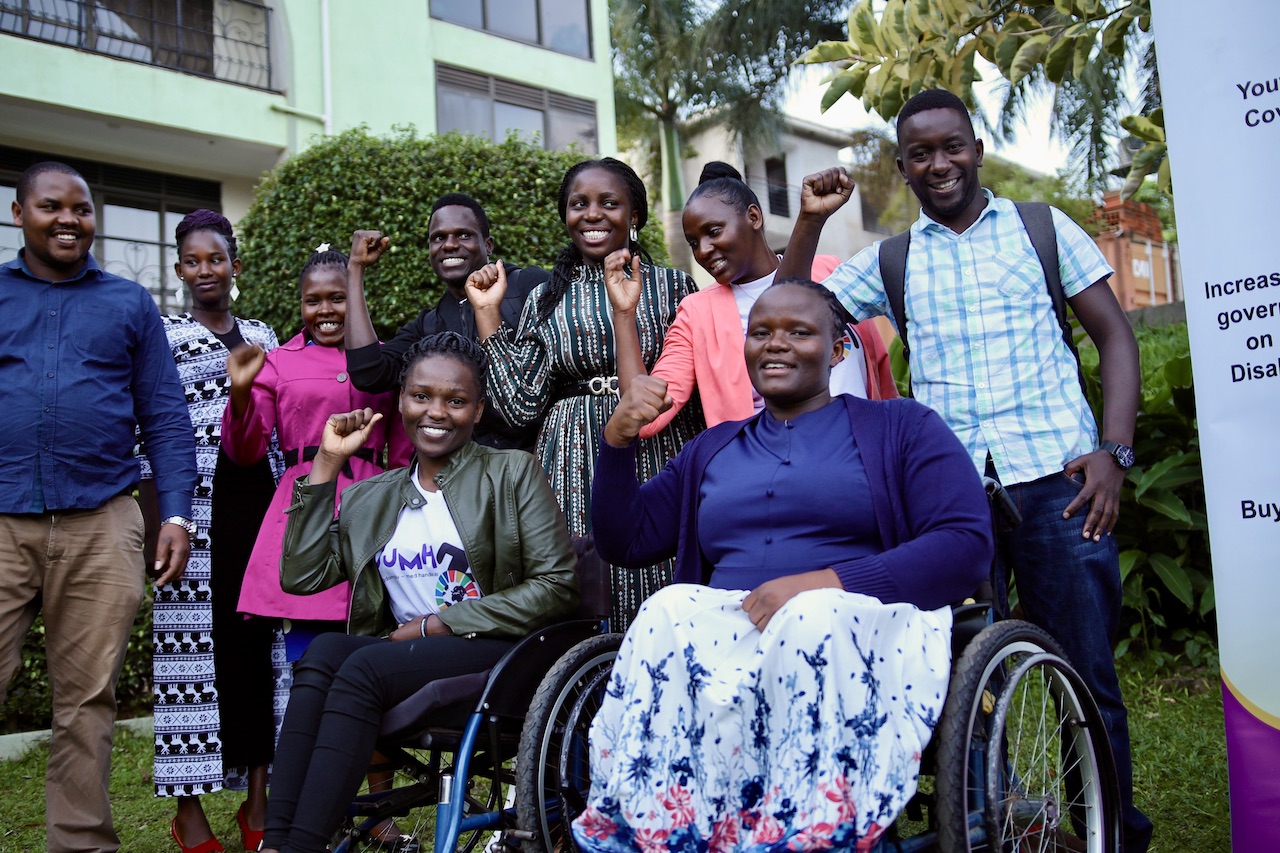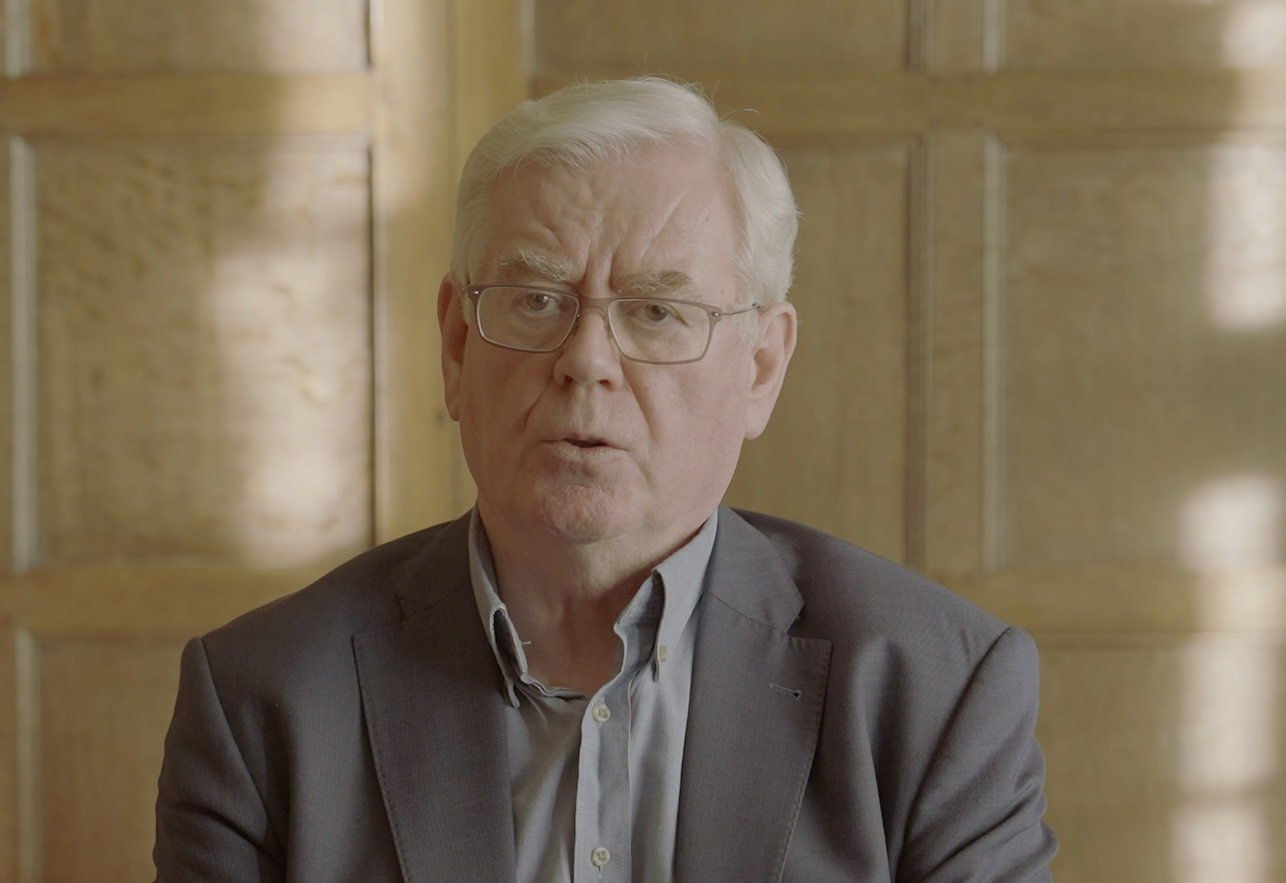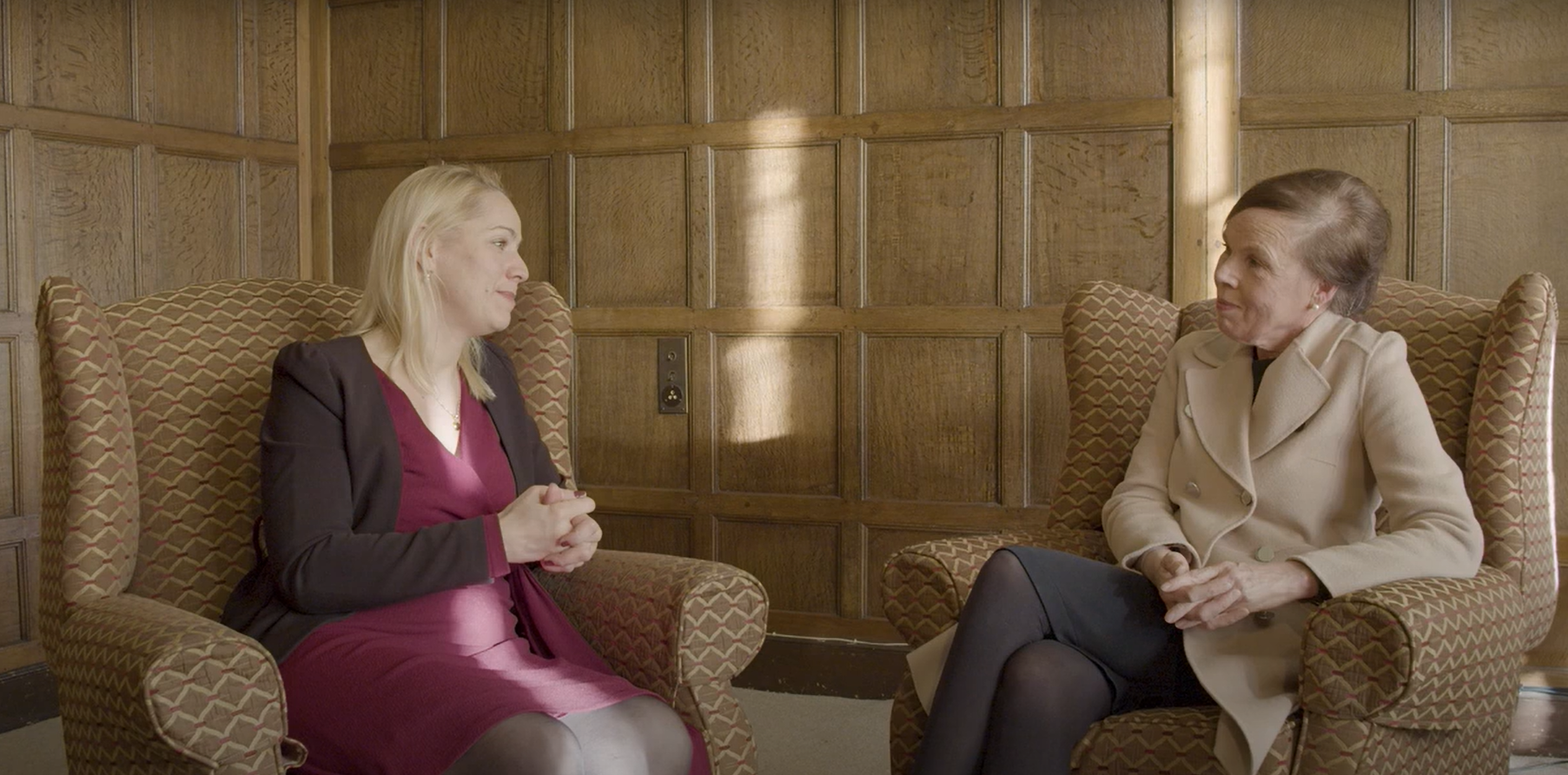Recent events in the Middle East have focused attention on the potency of civil society, the impact of citizen led media in affecting change and the way in which the global community responded.
With an emphasis on ways in which practitioners can further the deployment of soft power theory, our fifth roundtable meeting in the public diplomacy series considered how to meet the ‘Conversion Challenge’ of turning soft power assets into practical activity.
Key points discussed:
- Modern communications technologies have unlocked today’s public diplomacy environment through readily accessible and far reaching platforms providing unprecedented opportunities to listen to and communicate with publics around the world.
- Although hard power and the perception of military strength are crucial means of securing the national interest, soft power offers opportunities for co-opted means of engagement in foreign policy activities. Nonetheless, it is conceptually and practically complex and paradoxical
- Measuring the effectiveness of soft power initiatives is problematic in that it requires a long-term perspective: many of the effects are intangible and not easily quantifiable. In addition, there is some evidence to suggest that publics hold on to deeply ingrained perceptions of states that are very difficult to change positively. Negative shifts in perceptions, however, seem to occur more readily as is the case with the recent decline in public perceptions of the United States.
- Overt use undermines authenticity, credibility and trust yet a skilful combination of the range and blend of soft power tools can be an effective, long-term policy instrument.
- Soft power should be central to foreign policy approaches but by its very nature can be problematic for policy makers to accept unreservedly. It requires a paradigm shift away from public announcements of successful interventions, towards private operations within un-attributable space. For elected officials with a need to demonstrate achievements within a short period of time, soft power offers less scope than harder instruments to demonstrate achievement of foreign policy goals.
- Integrated approaches to soft power, in which third party actors work in partnerships to develop, disseminate or display attractive cultural assets, provide rich opportunities for achieving national interests. When seen as ways of ‘being’, rather than ways of ‘doing’, soft power interventions on behalf of governments should be about amplification, rather than creation of messages.
- Active interventions that can be publically declared without loss of credibility and authenticity concern the creation of the networks and arenas for dialogue, not the ownership or dominance of the subsequent conversations and outcomes.












